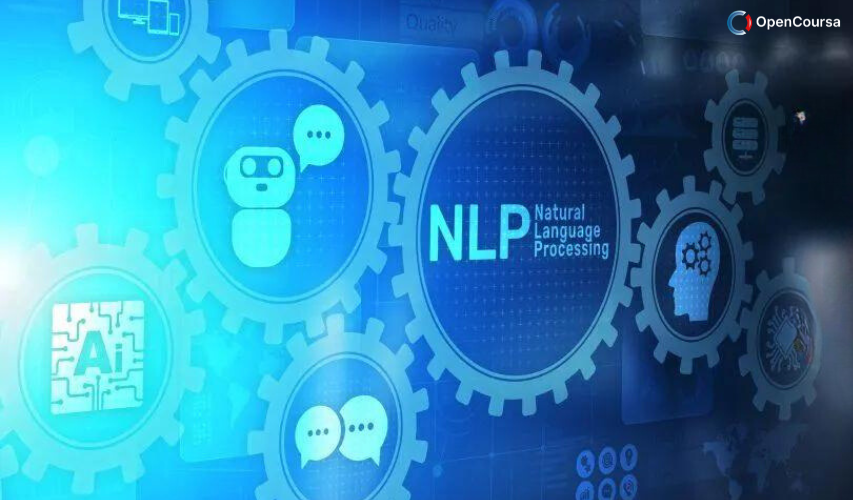Home » Course Layouts » Free Course Layout Udemy
CS224N: Natural Language Processing (Stanford Univ.). Instructor: Professor Christopher D. Manning.
0
1
English
English [CC]
- Learn basic syntax that can apply to any language.
- Learn what is a programming language and the basic concepts for beginners.
- Understand what is Javascript in it's truest form.
- Know the basic syntax of Javascript.
- Know some hidden quirks in Javascript.
Description
This course is designed to introduce students to the fundamental concepts and ideas in natural language processing (NLP), and to get them up to speed with current research in the area. It develops an in-depth understanding of both the algorithms available for the processing of linguistic information and the underlying computational properties of natural languages. Wordlevel, syntactic, and semantic processing from both a linguistic and an algorithmic perspective are considered. The focus is on modern quantitative techniques in NLP: using large corpora, statistical models for acquisition, disambiguation, and parsing. Also, it examines and constructs representative systems. (from see.stanford.edu)
Course content
- Lecture 01 – Course Introduction, Why NLP is Difficult?, Machine Translation Unlimited
- Lecture 02 – Questions That Linguistics Should Answer, Probabilistic Language Models Unlimited
- Lecture 03 – Smoothing, Kneser-Ney Smoothing, Practical Considerations Unlimited
- Lecture 04 – Review Statistical MT, Model 1, The Em Algorithm Unlimited
- Lecture 05 – IBM Models, MT Evaluation, Bleu Evaluation Metric Unlimited
- Lecture 06 – Syntax-Based Model, Information Extraction & Named Entity Recognition Unlimited
- Lecture 07 – Naive Bayes Classifier, Joint vs. Conditional Models, Feature-Based Classifiers Unlimited
- Lecture 08 – Details of Maxent Model, Maxent Examples Unlimited
- Lecture 09 – MEMM (Maximum Entropy Markov Model), HMM Pos Tagging Models Unlimited
- Lecture 10 – Statistical Natural Language Parsing Unlimited
- Lecture 11 – Polynomial Time Parsing of PCFGs (Probabilistic Context-Free Grammars) Unlimited
- Lecture 12 – Semantic Role Labeling Unlimited
- Lecture 13 – Lexicalized Parsing Unlimited
- Lecture 14 – Parsing as Search, Agenda-Based Parsing, Dependency Parsing Unlimited
- Lecture 15 – Why Study Computational Semantics? Unlimited
- Lecture 16 – An Introduction to Formal Computational Semantics Unlimited
- Lecture 17 – Lexical Semantics, Lexical Information and NL Applications Unlimited
- Lecture 18 – Question Answering Systems and Textual Inference Unlimited
N.A
- 5 stars0
- 4 stars0
- 3 stars0
- 2 stars0
- 1 stars0
No Reviews found for this course.










